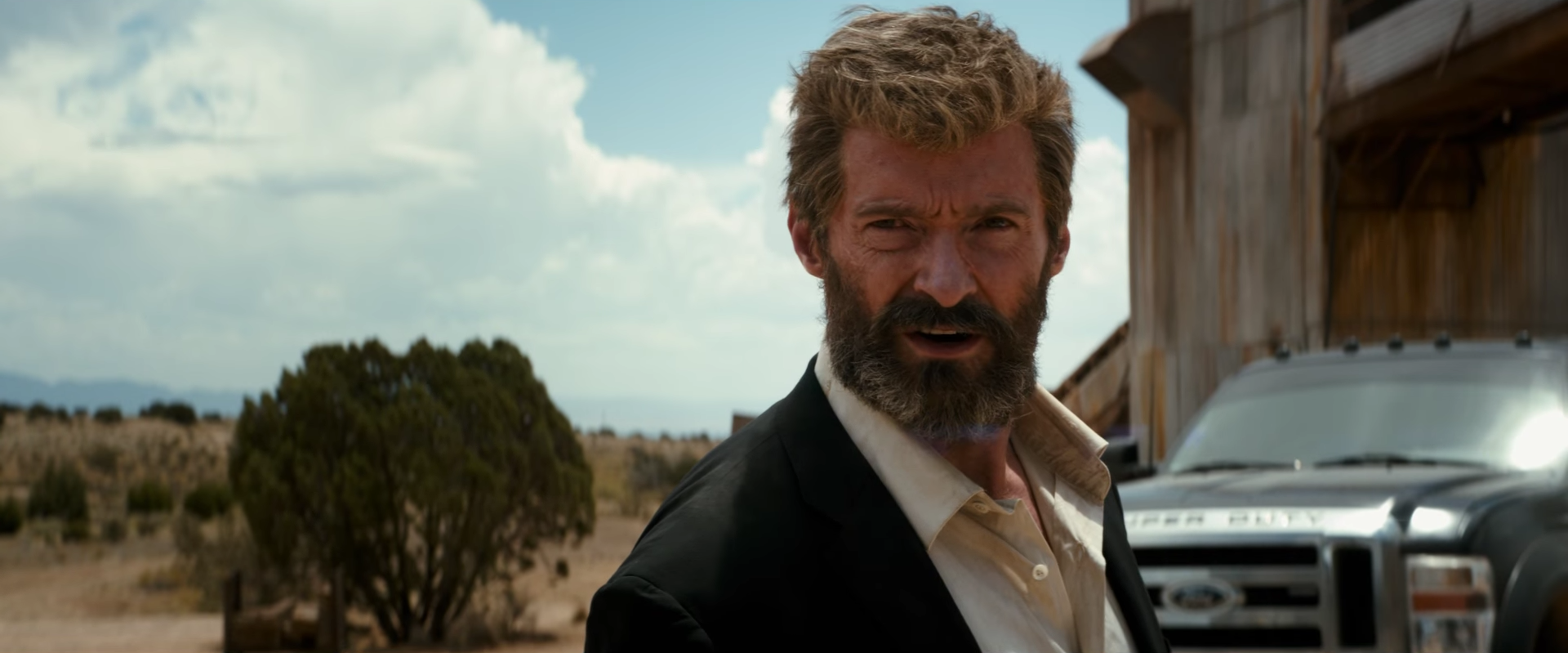This past weekend’s box office numbers are in, and the top two films have a common structural thread: both put almost zero effort into exposition.
Both Kong: Skull Island and Logan don’t spend much time giving background information about the characters or the situation they’re in and get right to the action that everyone wants. In movies revolving around spectacle, this can certainly work — but not all stories can do this.
Dealing with exposition is a key issue for any piece of writing that wants its plot to be taken seriously. We aren’t always expected to know the backstory like we were for Logan or expected to just enjoy the CGI beasts and explosions like we were for Kong: Skull Island.
A good story, whether in literature, film, television or otherwise, will weave context into the dialogue naturally. It is worth noting, however, that books as well as some shows and films have narration that can solve the problem, but many great ones have no such luxury. A poorly written story with no narrator will have characters conveniently and awkwardly reminisce while saying each other’s names multiple times.
This is one of the most annoying parts of exposition that is impossible to stop noticing, but the contrary argument makes plenty of sense — how else would we know their names? Even the greatest shows and films of the past several decades can fall victim to awkward exposition (see: all the Game of Thrones scenes in Dorne, The Dark Knight Rises‘ “clean slate” program, most of Interstellar‘s dialogue set on Earth and Star Wars‘ explanation of midi-chlorians).
There are certainly strategies to avoid such clunky explanations of past events. Characters can be obsessed with nostalgic objects such as photos or trinkets, reveal their characteristics through their actions or have emotional outbursts when certain topics come up. These tactics allow viewers to draw conclusions on their own.
Leading questions, conveniently timed news broadcasts and characters openly stating their feelings to treat the viewer like a child: They’re lazy methods that don’t encourage critical thinking. But do we go to movies like Logan and Kong: Skull Island to think?
The answer seems to be no, and many others like them including Mad Max: Fury Road, Avatar and The Bourne Ultimatum. While the lack of background given in these movies makes the viewer feel somewhat lost, the intensity of these films is not lessened by the lack of context. When a film doesn’t need to rely on its storytelling chops, it can focus more on its true purpose: raw entertainment.



